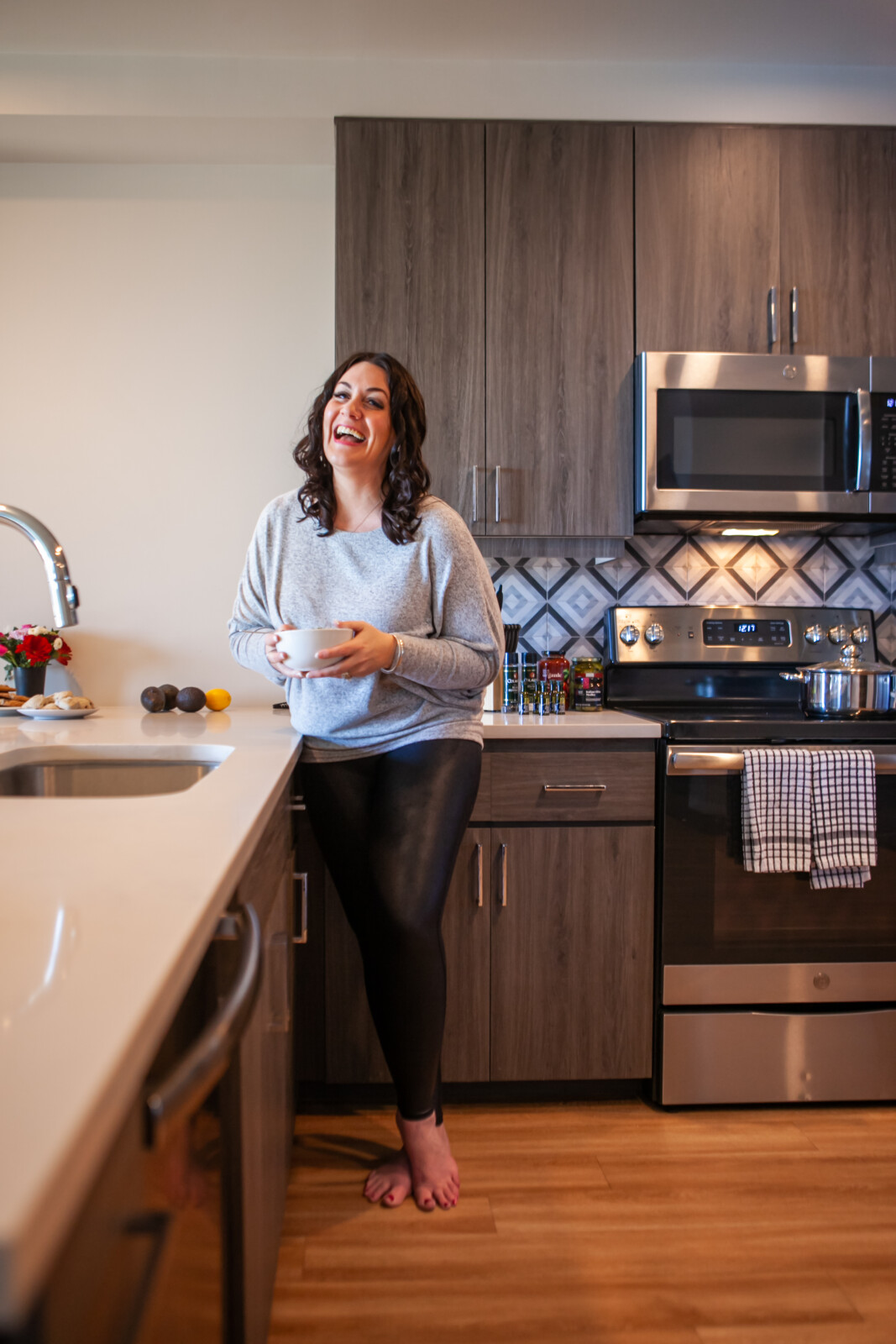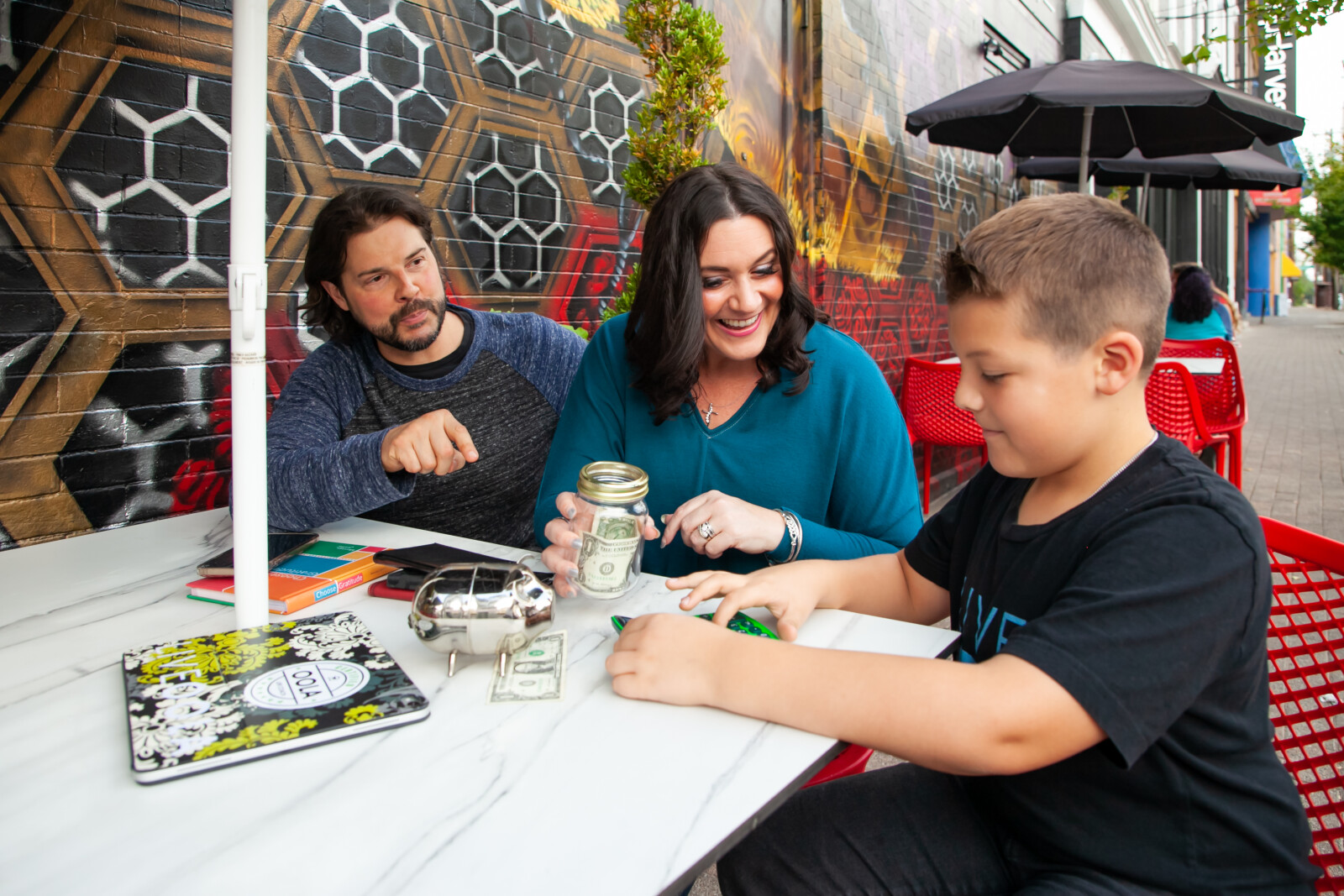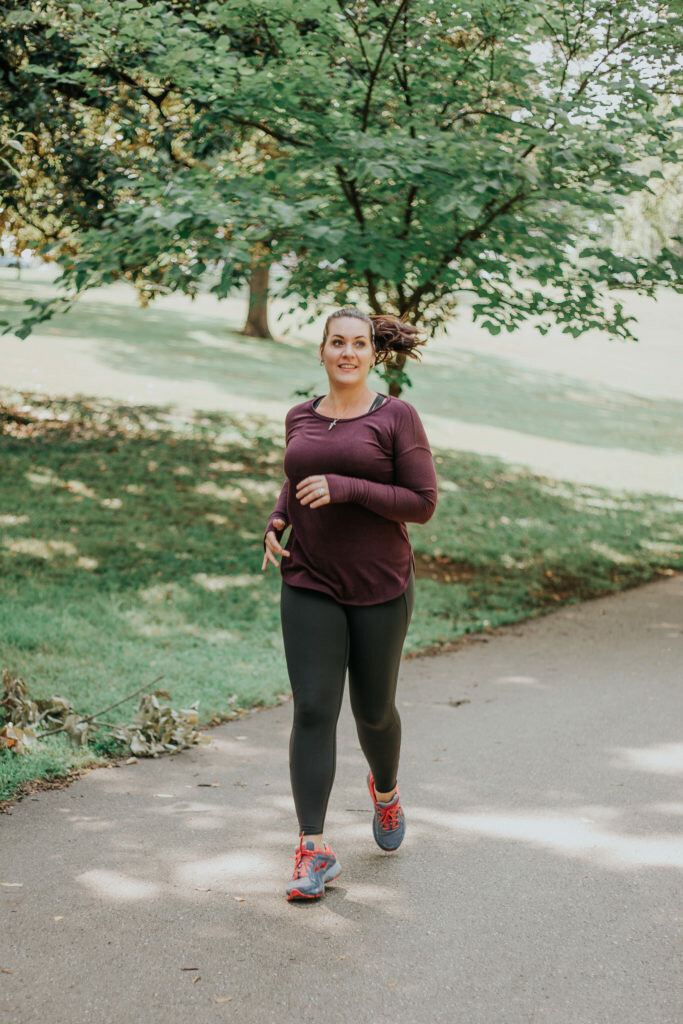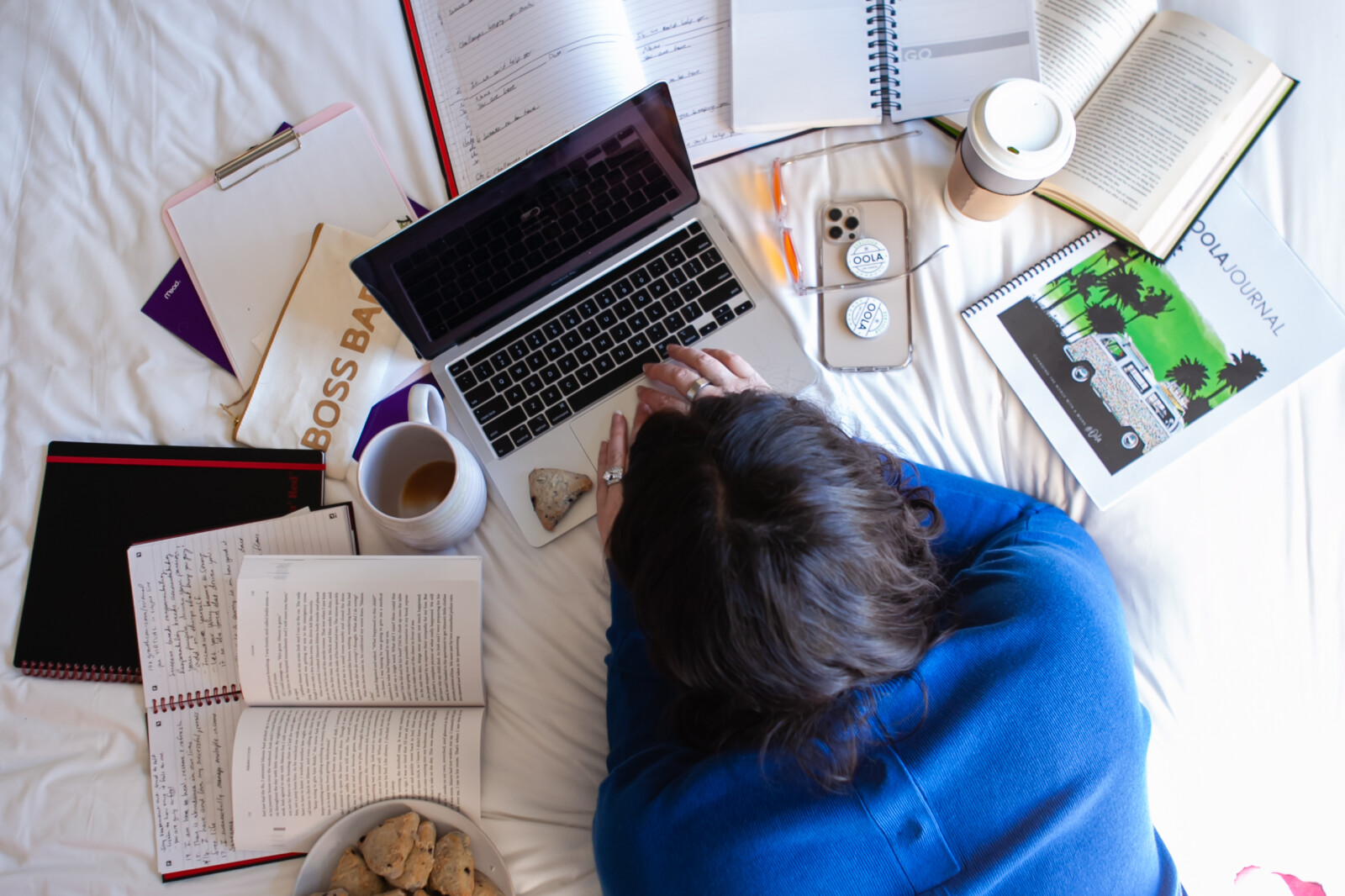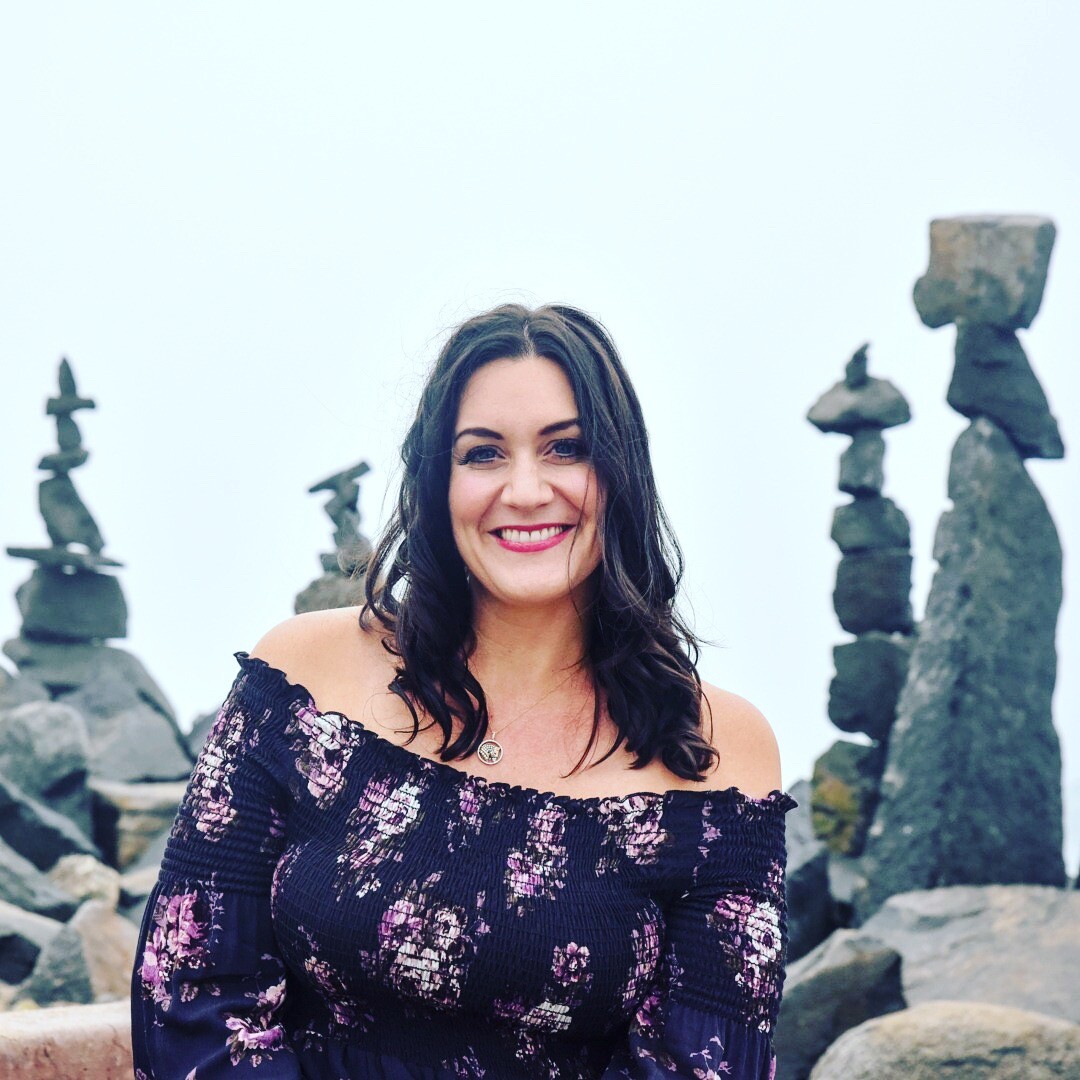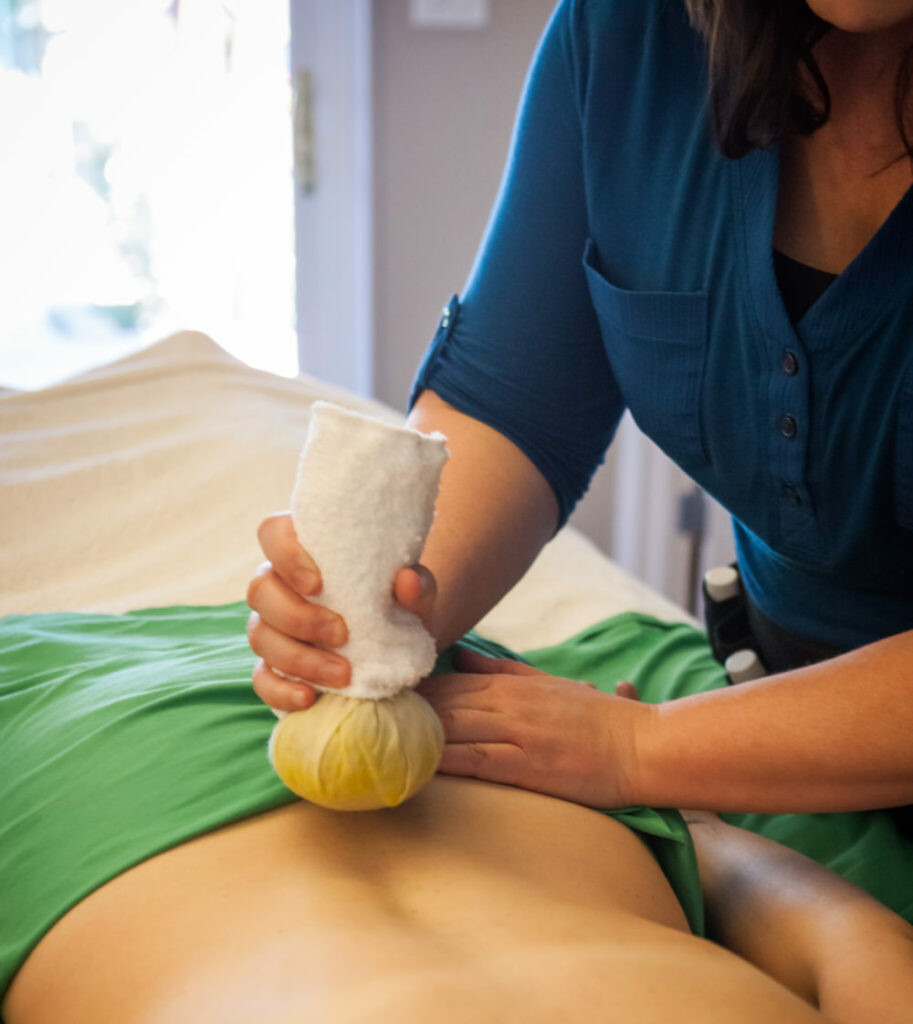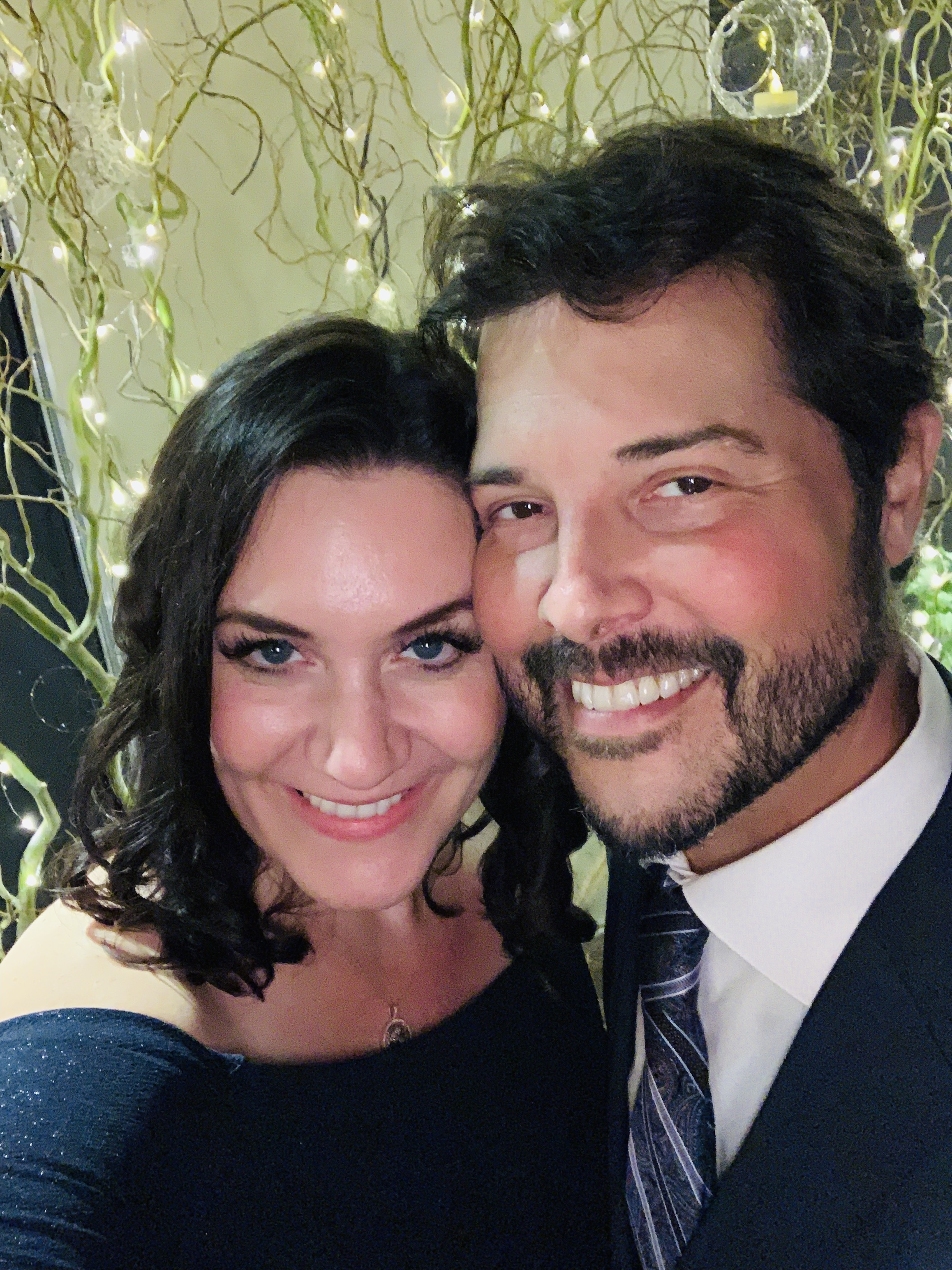
This month is the 7th annual World Alzheimer’s Month. Alzheimer’s Disease International launched the campaign in 2012 to raise awareness and challenge the stigma involving dementia. World Alzheimer’s Month provides an opportunity for businesses, communities, caregivers, and those living with Alzheimer’s to come together and raise money for Alzheimer’s research, spread information about it, and petition the government for improved help and care.
Many of us have parents, grandparents, and loved ones who have or at risk for Alzheimer’s Disease. Let’s take a moment to learn about it and find out how to get involved in World Alzheimer’s Month.
What is Alzheimer’s Disease?
“Dementia” is an umbrella term describing several conditions that affect the areas of the brain that control thought, memory, and language, according to the Centers for Disease Control and Prevention (CDC). Alzheimer’s Disease, the most common type of dementia, is characterized by trouble with memory, cognition, and behavior. Usually, symptoms develop slowly over time and eventually interfere with daily activities. The most commonly reported early-stage symptom involves a person’s experiencing difficulty remembering information learned recently. Other symptoms include increased “disorientation; mood and behavior changes; confusion about events, time and place; unfounded suspicions about family, friends, and professional caregivers; and difficulty speaking, swallowing, and walking,” according to the Alzheimer’s Association. The advanced version of the disease sometimes renders a person unable to hold a conversation or respond to their environment.
Currently, no cure is available for Alzheimer’s Disease. Some treatments are available to slow the development of the disease and improve quality of life.
Who is Affected by Alzheimer’s?
More than 35.6 million people worldwide have Alzheimer’s Disease. In the United States, about 5.7 million people are living with the disease, and that number is projected to increase to almost 14 million in 2050. It’s the sixth-leading cause of death in the nation. Most people who have or develop the disease are older than 65, though younger people have a chance of developing Alzheimer’s, too. Currently, about 200,000 Americans younger than 65have early-onset Alzheimer’s disease.
Let’s not forget about the many individuals and families who care for those who have Alzheimer’s. Currently, 16.1 million Americans give unpaid care to someone who has dementia. These caregivers—just in 2o17—provided approximately 18.4 billion hours of care.
How Can I Get Involved in World Alzheimer’s Month?
Those wishing to observe World Alzheimer’s Month are encouraged to participate in a variety of ways.
Participate in an Alzheimer’s Walk: The Alzheimer’s Association spearheads the Walk to End Alzheimer’s for which people gather in more than 600 communities nationwide to participate in a walk designed to raise funds and awareness for Alzheimer’s research, care, and support. Find a walk that hasn’t happened yet or donate to a friend or organization’s walk.
Learn more about Alzheimer’s Disease: Many people do not know what Alzheimer’s is or how to recognize it. Learn about its signs and symptoms so you can recognize them if necessary and get loved ones the care they need.
Make a donation to the Alzheimer’s Association or another related foundation: Alzheimer’s Disease is increasing in prevalence and is massively underfunded. Every donation helps! You can donate to the Alzheimer’s Association here or choose your own foundation.
Help raise awareness: To help raise awareness about Alzheimer’s Disease and World Alzheimer’s Month, share the Alzheimer’s Disease International campaign video or the Alzheimer’s Association 2018 Disease Facts and Figures video on social media and use the campaign hashtags #Every3seconds and #WorldAlzMonth.
Offer a helping hand: If you know someone who provides care to a loved one who has Alzheimer’s Disease, ask how you can help. Taking care of another person is a privilege, but it can also be stressful and overwhelming. Offer to cook a meal for the family, pay a visit, or just be a listening ear.
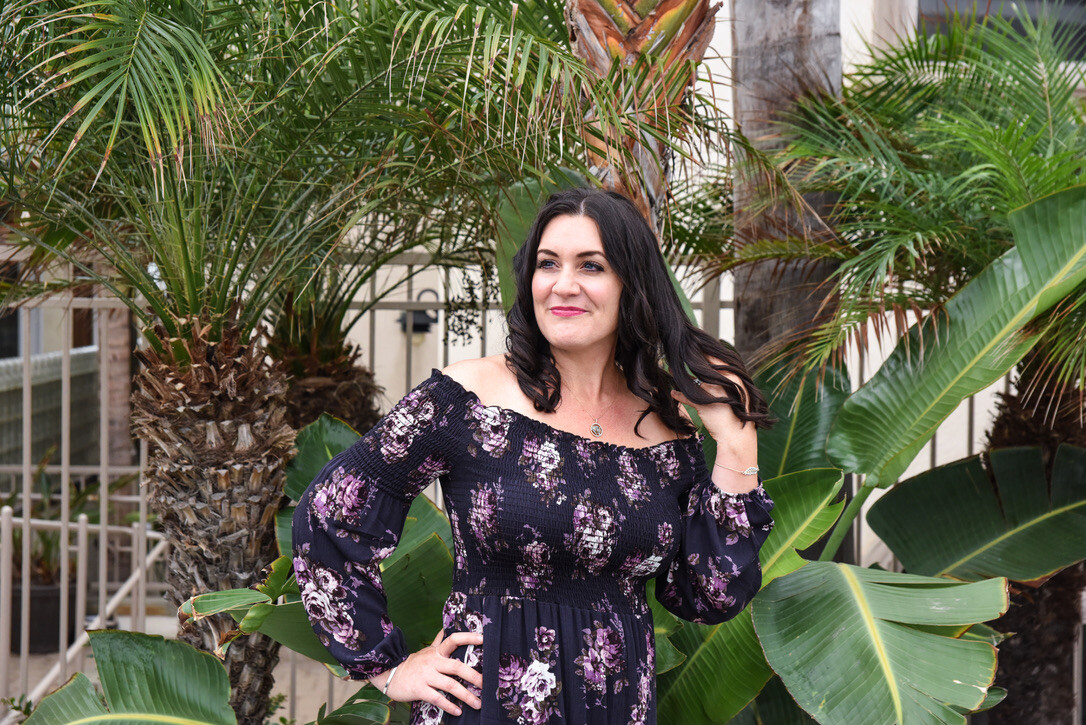
Free time isn’t a luxury; it’s a necessity. You need it for the benefit of your health, your sanity, and yes, even your productivity.
Maybe you’re a wife, mom of three, entrepreneur, and a leader in your community. Maybe you’re a millennial working 80 hours per week to pay for a tiny apartment and student debt. Or, maybe you’re a mid-career dad working full-time and going to school full-time to get a better career. Who has time for free time?
“The time to relax is when you don’t have time for it.” –Sydney J. Harris, journalist with the Chicago Daily News and the Chicago Sun-Times
That’s right; free time is for busy people. And if you don’t have time for it, you need to make time for it. Here are three things you probably don’t already know about free time.
Unscheduled fun is more enjoyable than scheduled fun.
Most of us have experienced one of those vacations that involves adhering to a strict schedule to make sure you see every sight, visit every place, and do every activity before collapsing in bed to do it all over again the next day. That kind of vacation can leave you needing a vacation after the vacation. While some people prefer to schedule every hour of their vacations, approaching life this way will leave you stressed out and drained.
Scheduling free time can actually make it less enjoyable, according to research by the Olin Business School at Washington University in St. Louis. “We consistently find that leisure, once scheduled, becomes more like work,” explains study co-author Selin Malkoc, PhD, associate professor marketing at Washington University.
Making your free or leisure time unscheduled and unstructured can actually be very simple. For example, when arranging a time to meet up with a friend for coffee, try making plans for “after dinner” or “in the afternoon” rather than “7- 8 p.m.” or “at 3 p.m.,” Malkoc suggested.
Time before a scheduled activity is less enjoyable and productive.
You will probably not enjoy free time that takes place right before you have to do something unpleasant or important. Imagine if you had a stressful meeting to attend at 1 p.m. You are probably going to spend your entire lunch thinking and worrying about it.
Research indicates that an approaching appointment makes time “shrink.” “When there’s an appointment looming, we direct our attention to it, whether it’s mentally preparing for it or simply dreading it,” according to the Associated Press. “. . . as a result, the time interval leading up to the scheduled activity feels limited and insufficient.”
To combat this problem, try scheduling your meetings, tasks, and appointments back-to-back, leaving longer periods of unscheduled time that you can hopefully use for unstructured enjoyment. Or, if you have one important task to do in a day, do it first so that you won’t think about it all day.
Unscheduled time to reflect helps you solve and prevent overarching problems.
Some people think free time is just for resting and enjoyment. Those things are important, but blocks of free time also allow for another very important activity: reflection.
“Few people make a conscious effort to learn from their experiences, and fewer still learn from their experiences,” writes George Ambler, executive in Nedbank’s group technology division in Johannesburg, South Africa. “This is because reflection is not an automatic process for most people. Most of us make our way through life simply reacting to circumstances.”
People who don’t protect their free time and use it as an opportunity to reflect only solve immediate and visible problems, according to Dov Frohman, former vice president of Intel Corporation. Using your time to reflect will make you more effective and help you use the rest of your time wisely and productively.
Are you convinced that you need free time yet? What steps can you take to implement unstructured time into your and your family’s life?
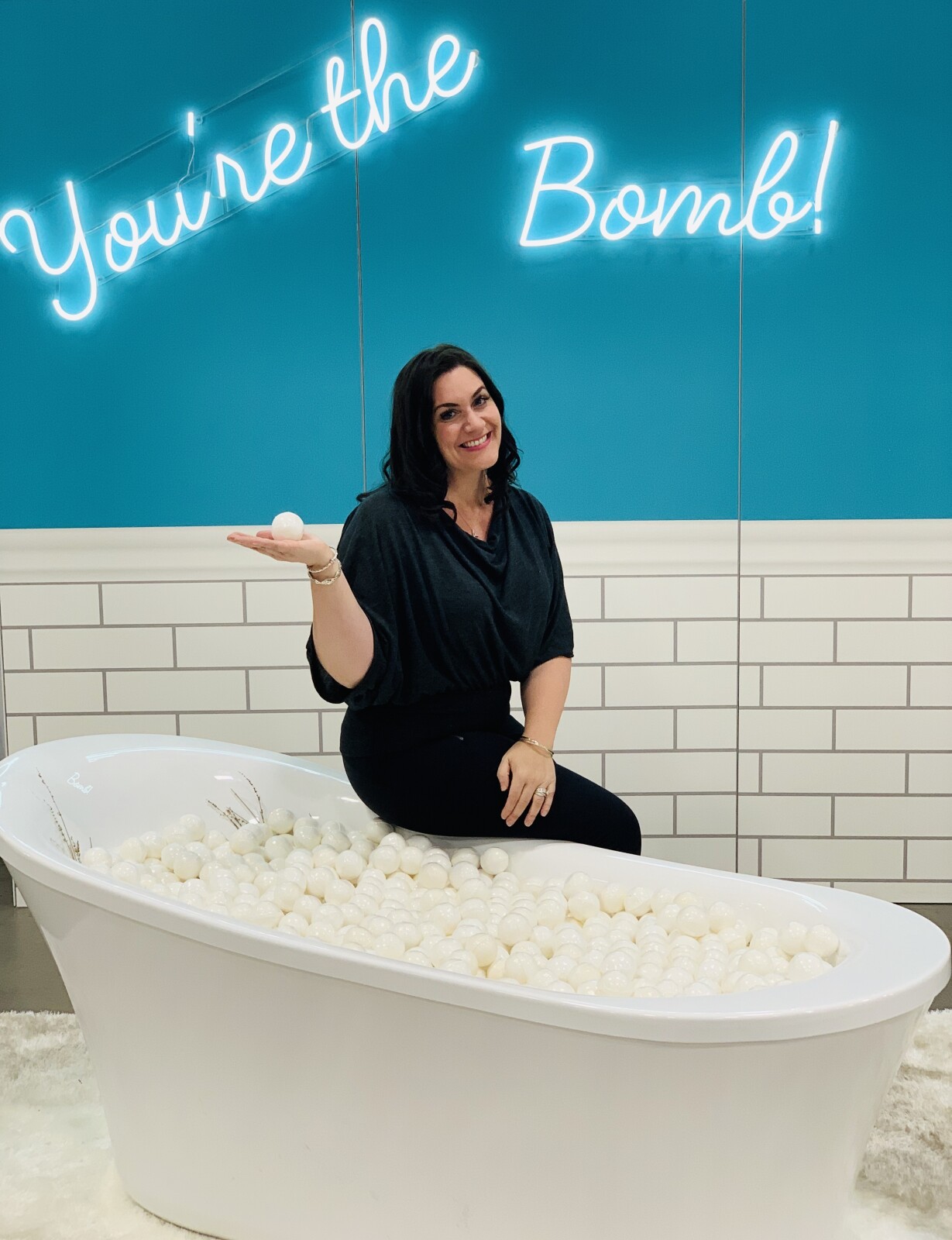
In his book The 7 Habits of Highly Effective People, Steve Covey describes the phenomenon he calls the Production/Production Capability Balance (or P/PC Balance) using Aesop’s fable about the goose and the golden egg.
Once there was a poor farmer, who discovered one of his geese could lay one golden egg per day. At first, the farmer remained patient, returning to the goose each day to fetch the golden egg. Eventually, he became greedy and decided to kill the goose and obtain all the golden eggs at once.
Unfortunately, no golden eggs awaited inside the goose, and now that it was dead, the farmer had no way to get any more.
In this story, the goose represents the Production Capability (PC), and the egg represents the Production (P). “If you adopt a pattern of life that focuses on golden eggs and neglects the goose, you will soon be without the asset that produces golden eggs,” Covey writes.
The “goose,” or Production Capability, could be a coffee maker, a garden, or a trust fund. But the most basic and important Production Capability anyone has is him or herself. Too often people neglect self-care, which can have disastrous results.
What is Self-care?
It might be tempting to think we should prioritize family, business, or friends high above ourselves, but if we are sick or exhausted, we will be little help to others. You are your own most important Production Capability, and you have to take care of yourself first if you expect to care for others—or effectively do anything else important.
Psychology Today defines self-care as “choosing behaviors that balance the effects of emotional and physical stressors: exercising, eating healthy foods, getting enough sleep, practicing yoga or meditation or relaxation techniques, abstaining from substance abuse, pursuing creative outlets, [and] engaging in psychotherapy.”
What are the benefits of proper self-care?
Some people mistakenly think of self-care as selfishness or self-indulgence, which couldn’t be further from the truth. Instead, self-care means exactly what the words say: taking care of yourself.
Those who establish habits of self-care will enjoy physical, mental, and emotional health benefits. Most people understand the physical benefits of a healthy diet and an exercise regime but may forget about maintaining their mental and emotional health.
People often prioritize physical health over mental health, noted psychologist Guy Winch in his Ted Talk. “We sustain psychological injuries even more often than we do physical ones . . . and they can also get worse if we ignore them, and they can impact our lives in dramatic ways,” he said. Let’s work to maintain our health in every way by adopting self-care habits.
Those who maintain their physical, mental, and emotional health through self-care are better equipped to:
- Pursue their careers
- Care for their families
- Maintain lasting friendships
- Live long, healthy lives
- Have a positive self-image
- And much more!
Now that you understand why self-care is so important, let’s discuss a few ways you can adopt the practice.
Getting started with self-care
You don’t have to schedule a weekly goat yoga appointment or plan a monthly weekend getaway to make self-care a priority in your life (though those things would be great)! Self-care means something different to everyone, and you can make a plan that works for you. Future posts will discuss this topic more in depth, but here are a few simple ideas to get you started with self-care:
- Take a walk around the neighborhood to clear your head and enjoy the outdoors.
- Eat an easily portable fruit (such as an apple, a banana, or a peach) as a snack instead of something salty or sweet.
- Take fifteen minutes at the beginning of every day to pray, meditate, or journal before you begin the day’s activities.
- Take a bath instead of a shower.
- Get a babysitter and enjoy a night out with friends or a date night.
- Spend 10-15 minutes stretching.
- Take care of a small home improvement task that has been annoying you for a long time.
- Schedule an appointment with a counselor.
- Come up with your own self-care idea!

